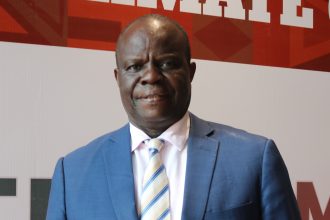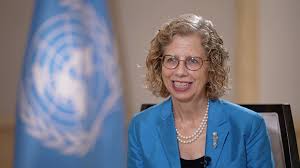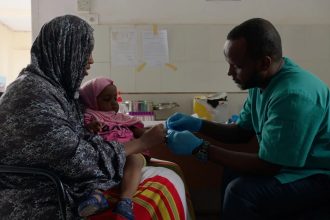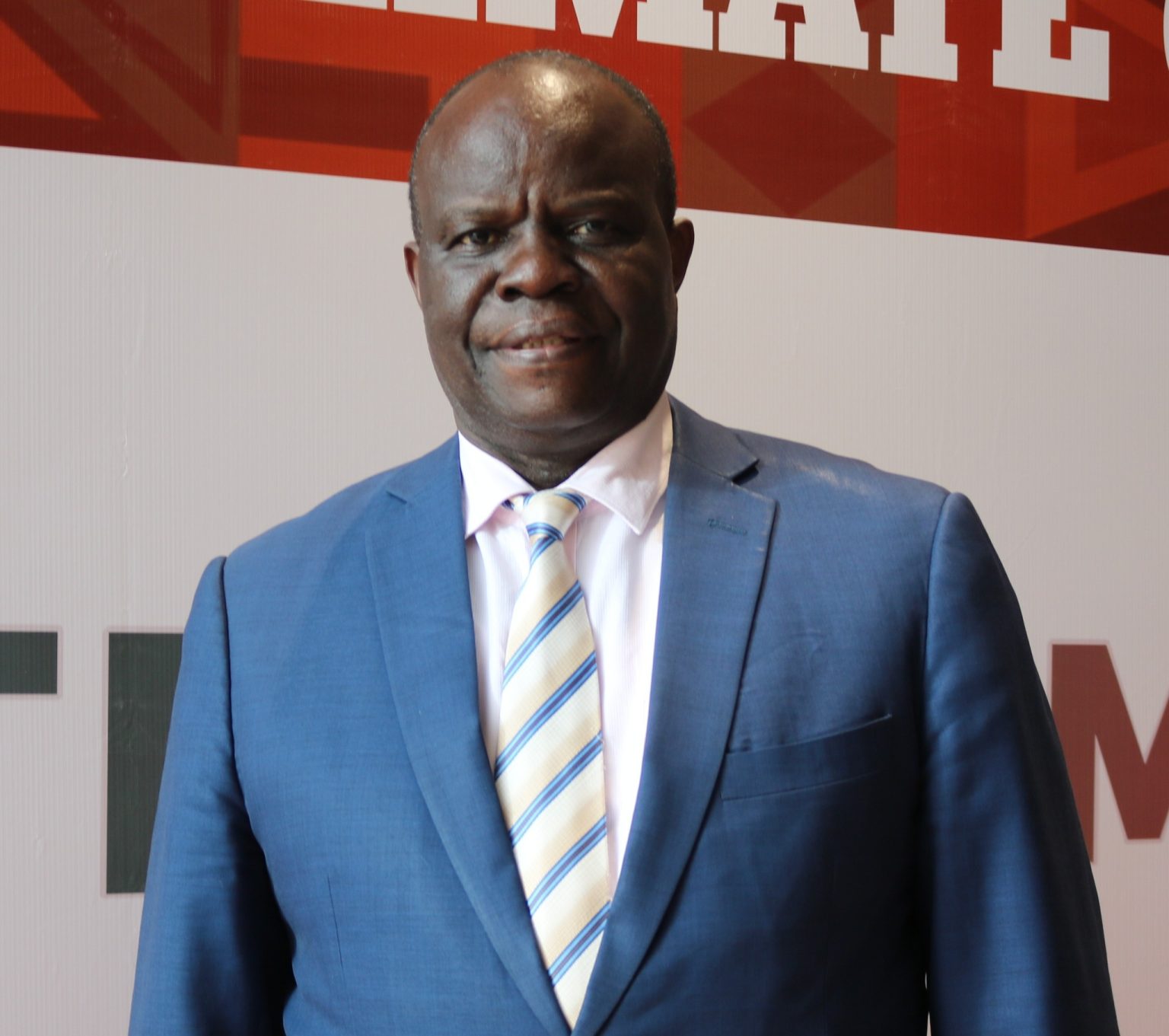As the world prepares for the 30th Conference of the Parties to the United Nations Framework Convention on Climate Change (COP30) in Belém, Brazil, from November 10–21, 2025, Africa faces a critical question of representation and moral authority. Tanzania, currently chairing the African Group of Negotiators (AGN), is poised to lead the continent’s agenda on climate justice, gender equality, energy transition, and the issue of Loss and Damage. Yet, this leadership role comes at a time when serious concerns have been raised regarding the Tanzanian government’s commitment to democratic governance and respect for civil liberties.
Recent reports of electoral irregularities, suppression of dissent, and curtailment of media and civic freedoms in Tanzania have sparked debate about whether a government facing such accusations should speak for Africa on a global platform grounded in principles of justice, equity, and inclusivity. The question is not merely political — it is moral. How can a state accused of undermining the democratic rights of its own citizens credibly advocate for fairness and accountability in international climate governance?
The African Group of Negotiators represents the collective voice of a continent disproportionately affected by climate change, yet rich in solutions and aspirations for sustainable development. Its leadership must, therefore, reflect not only technical competence but also moral legitimacy and democratic integrity. For Africa to champion global climate justice effectively, its representatives must embody the very values they seek to advance — transparency, participation, and respect for human rights.
While Tanzania’s AGN Chair, Dr. Richard Muyungi, has reiterated his commitment to promoting the common African position, questions persist about whether such representation can be trusted to uphold inclusive and participatory processes.
Henry Neondo, a policy advocacy and influencing advisor at the African Coalition of Communities Responsive to Climate Change (ACCRCC) said allowing Dr Muyungi carry out his function as the AGN chair at COP30 will be a loud statement by Africans that they don’t care what happens to the grassroot citizen. “How can a government that denies its own citizens the right to fair and transparent elections credibly advocate for fairness and justice in the global climate arena? Can Africa’s moral authority on climate justice stand firm when its representative faces allegations of silencing dissent at home?”
As the newly established Fund for Response to Loss and Damage (FRLD) begins disbursing its initial $250 million to support vulnerable nations, including Tanzania, it is imperative that African negotiators ensure that resources reach those most in need — communities at the frontlines of climate impacts — without political interference or elite capture.
African delegations heading to COP30 must, therefore, reflect deeply on who speaks for them and on what moral grounds. Leadership in climate negotiations should not be divorced from respect for democratic values at home. If Tanzania’s current political trajectory continues to contradict the principles of justice and accountability, then it is both prudent and necessary for African countries to reconsider its chairmanship of the AGN.
Africa’s call for climate justice will only carry weight if it is anchored in the same values it demands from the global community — fairness, transparency, and respect for human dignity. We are attending the 30th conference of parties to the UN Framework Convention to Climate Change on the pretext that we are fighting for climate justice for Africans. Allowing Dr Muyungi on the table will nullify all that we are here for and our arguments will be defeatist, weaken the continent’s moral standing and undermine the integrity of its voice at COP30 and beyond.




